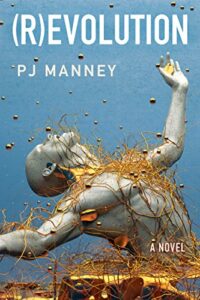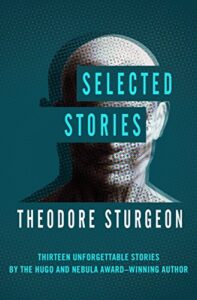What is human consciousness? Is it an abstract concept, an ephemeral state, or a thing that can be captured and stored? If it’s a thing that can be stored, does that “thing” represent who we are? If that thing were put into another body, or a similar body, would we be the same person?
Based on my knowledge, modern science doesn’t have the answer to these questions. Fortunately, the lack of scientific evidence hasn’t stopped people from writing books about or based upon it.
A significant number of science fiction books I read treat the human mind as something that can be captured and stored. Depending on the book, that representation of the mind can live on inside a computer, or it can be placed into and/or transferred between bodies. Seeing how different authors explore the concept is an interesting thought experiment. It begs all sorts of questions such as is the stored representation really me? Will that representation realize it’s a copy? What are the ethical implications if multiple copies of me are active at the same time? It’s a long list that goes on and on.
Given that science fiction has a peculiar way of foreshadowing future technologies, it wouldn’t surprise me if some variation of these visions appear in the future, especially given the desire of those who want to live forever. My latest science fiction read to explore this concept was Altered Carbon by Richard K. Morgan.
Continue reading →










